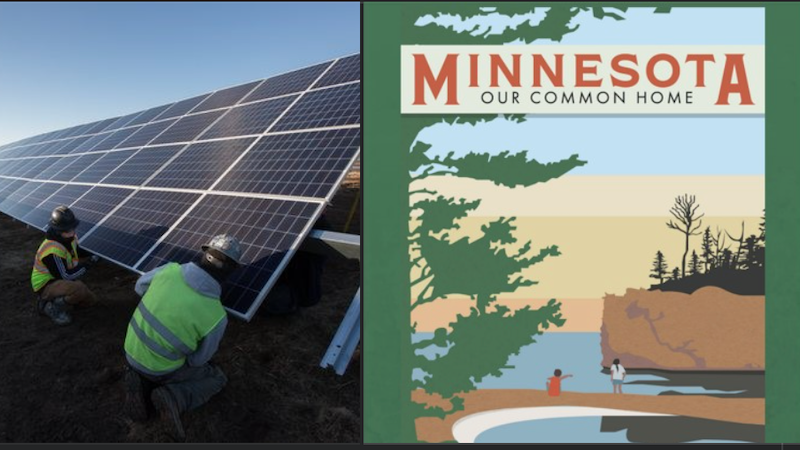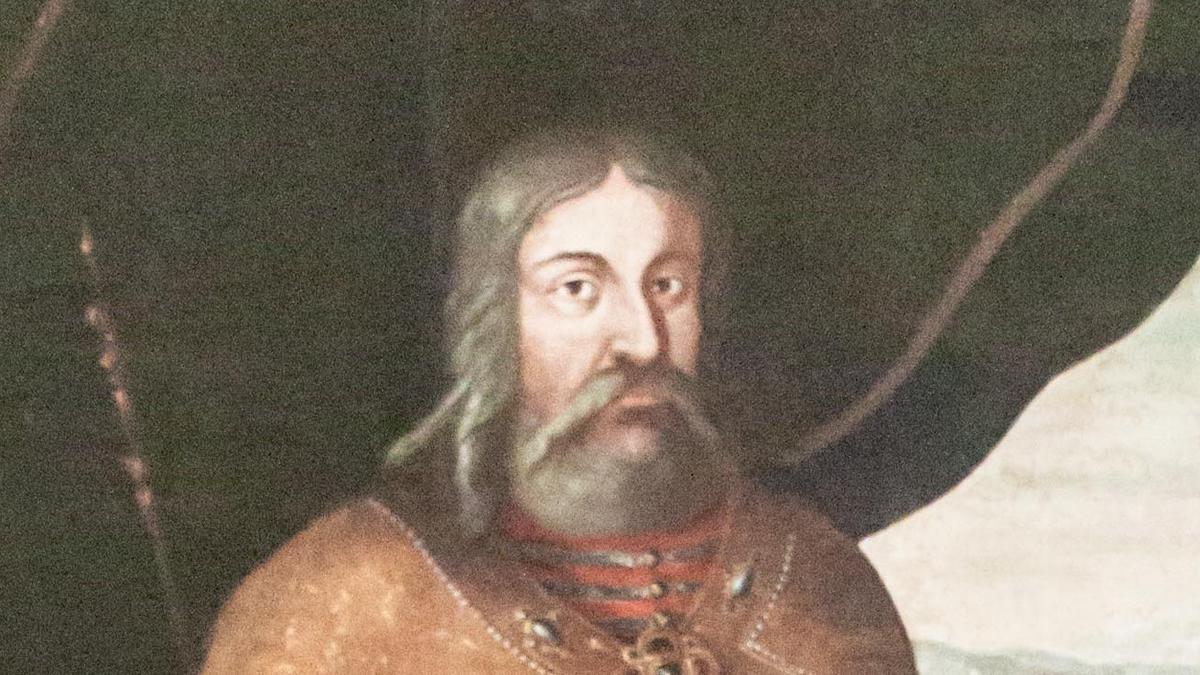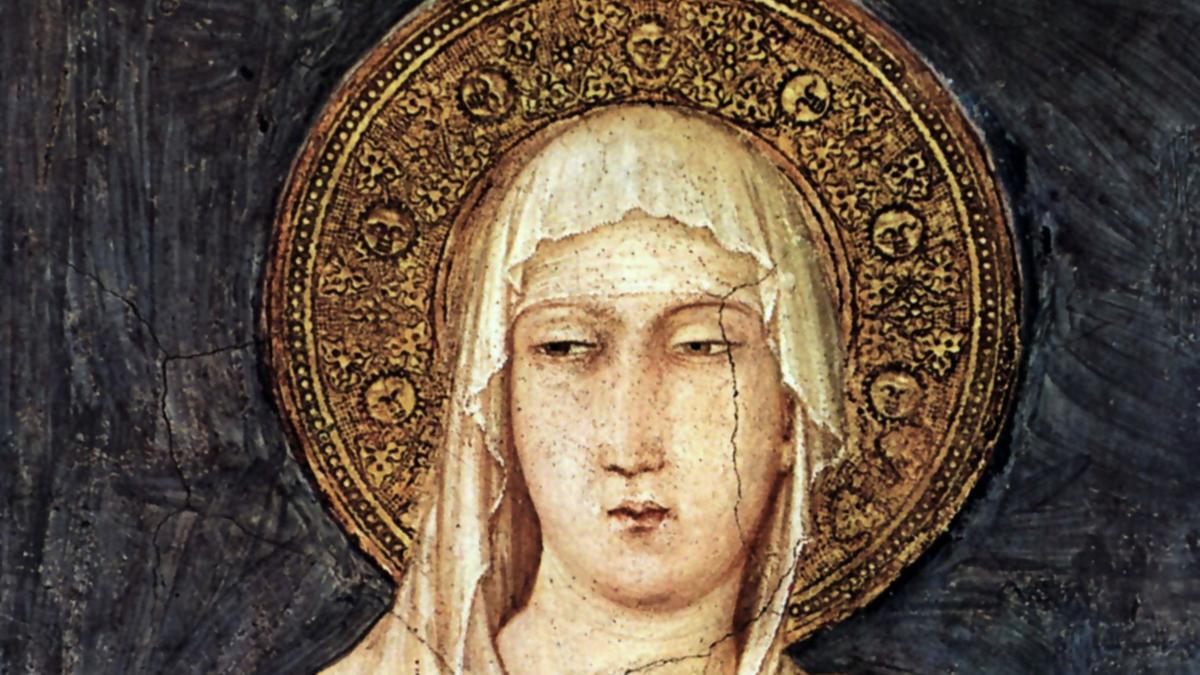
The Minnesota Catholic Conference is working with Upstream Minnesota to better convey the need for people to care for the environment. | Minnesota Catholic Conference/Facebook
Humans have a duty to care for the earth as well as their bodies, the Minnesota Catholic Conference (MCC) reminded the faithful while announcing a partnership with Upstream Minnesota to help spread the word about being better stewards of creation.
“We find ourselves embroiled in many questions that all ultimately derive from one key issue: our stewardship of creation—not just of the natural environment, but also of our bodies and even of our very lives,” the MCC posted on Facebook.
Today’s challenges are many, though, as the link between humans and the earth is often obscured as different ideologies emerge to offer alternate interpretations of what is expected.
“At face value, the two sets of questions—environmental and social—seem distinct,” the MCC post said. “Yet when we step back from the false dichotomies presented to us, we notice that these issues are deeply connected.”
To help Minnesota Catholics become better stewards of God's creation, the MCC has partnered with Upstream Minnesota.
“Upstream brings people together to celebrate and amplify the many ways Minnesotans of all backgrounds love and value our place,” the MCC said. ‘Upstream helps to cultivate a shared value of caring for our lands, lakes, parks, and streets that inspire even more people to act in ways, both large and small, to be better stewards of Minnesota’s unique and beautiful natural places.”
Care for God's creation is one of the seven themes of Catholic Social Teaching, the U.S. Conference of Catholic Bishops (USCCB) says. The Catholic Church calls all of the faithful to care for the planet and the people on it.
Discussions about humanity's role in caring for the earth are present throughout the Bible, the USCCB says, citing Genesis, where God creates the earth and instructs humans to care for it; Leviticus, which notes that the planet should not be abused; and other examples, including the books of Daniel, Matthew and Romans.
Pope Francis penned an encyclical, Laudato Si, in 2015. In it, he described the destruction of the earth and reminded the faithful of their duty to protect it, according to the Vatican.
“The urgent challenge to protect our common home includes a concern to bring the whole human family together to seek a sustainable and integral development, for we know that things can change. The Creator does not abandon us; he never forsakes his loving plan or repents of having created us. Humanity still has the ability to work together in building our common home,” Pope Francis wrote.






 Alerts Sign-up
Alerts Sign-up